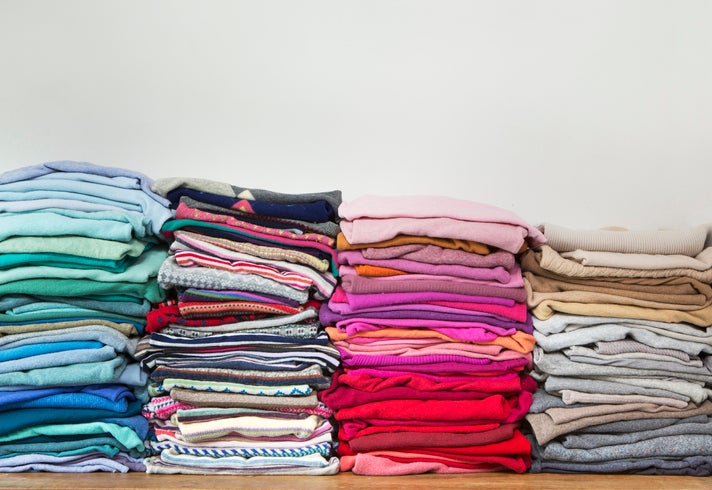
EU Environment Committee Members of Parliament (MEPs) proposals aim to ensure that textile products sold in the EU are more durable, easier to repair, recycle and reuse, made largely from recycled fibres, and free of hazardous substances. They also urge that the production of textiles be carried out in a socially and environmentally sustainable manner.
In addition, the Committee calls on the Commission and EU countries to adopt measures to eliminate “fast fashion”, defined as “high volumes of lower quality garments at low price levels”, and encourage responsible and sustainable consumer choices through a “digital product passport” in the upcoming eco-design regulation review. The report recommends that the Commission put forward a ban on the destruction of unsold and returned textile goods and clear rules to eliminate greenwashing practices.
The MEPs have also proposed science-based targets to reduce greenhouse gas emissions in the entire lifecycle of the textiles sector, while also reducing water and energy use. Additionally, MEPs suggest the revision of the Waste Framework Directive to include specific targets for textile waste prevention, collection, reuse, and recycling, and the phasing out of landfilling of textiles.
The MEPs also emphasised fair and ethical trade practices through the enforcement of EU trade agreements and the launch of the Commission initiative to prevent and minimise the release of microplastics and microfibers into the environment.
Rapporteur Delara Burkhardt (S&D, DE) said: “Consumers alone cannot reform the global textile sector through their purchasing habits. If we allow the market to self-regulate, we leave the doors open for a fast fashion model that exploits people and the planet’s resources. The EU must legally oblige manufacturers and large fashion companies to operate more sustainably. People and the planet are more important than the textile industry’s profits.
“The disasters that have occurred in the past, such as the collapse of the Rana Plaza factory in Bangladesh, growing landfills in Ghana and Nepal, polluted water, and microplastics in our oceans, show what happens when this principle is not pursued. We have waited long enough – it is time to make a change.”
The report is expected to be adopted in plenary before the summer. The proposals come as part of the EU Strategy for Sustainable and Circular Textiles, which aims to address the entire lifecycle of textile products and implement the commitments of the European Green Deal, the new circular economy action plan, and the industrial strategy for the textile sector.



